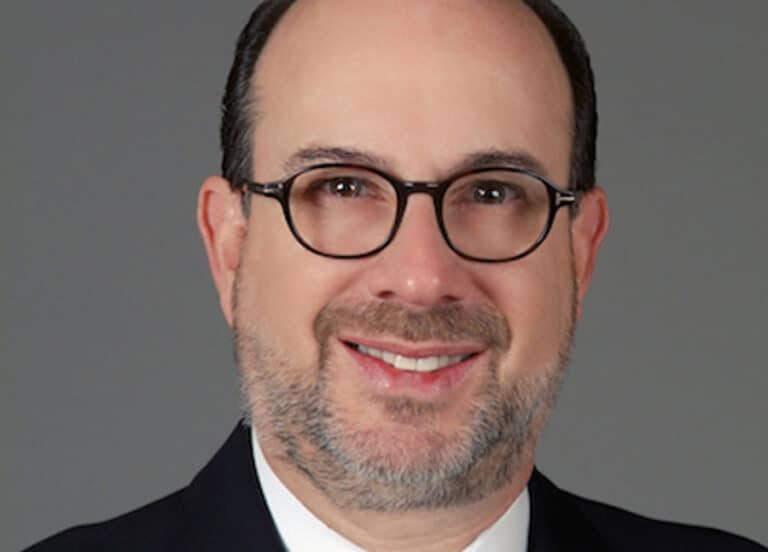Freight forwarders in the US feel the air cargo industry is a bit “lacklustre” at present according to Airforwarders Association (AfA) executive director, Brandon Fried.
He explains to Air Cargo Week that is the term members of AfA sum it up best while they have seen better, but have also seen worse.
Fried says AfA makes sure the needs and voice of airfreight forwarders is heard, but as for heeded, he feels that is often a different question entirely and it is a “never ending process”.
As for what are the major concerns for AfA members at the moment, he is quite clear: “The economy of course has to rank number one. Strong revenue growth always makes everything else a lot easier.”
US freight forwarders face a number of challenges as new regulations are set to come into play, while security is set to be ramped up adding to the already unstable economic outlook. Fried explains: “Aside from global economic growth, regulatory overload. It is akin to being nibbled to death by ducks.”
Despite challenges there are opportunities for US freight forwarders, and Fried says firms must do what they “always done best” – staying nimble, rapidly adjusting to shifting markets, and being aware of our customers evolving needs and challenges.
As for how AfA members see the Cuban market, which will soon open up to US freight forwarders, he says: “The jury is still out on that one. Will there be opportunity? You bet. How quickly and how extensive remains to be seen but it is being watched very carefully.
“As the US Department of Transportation awards routes to Cuba, the Airforwarders Association hopes the selection includes only those airlines with active cargo divisions since the next chapter is not only about uniting people, but trade as well.”
New cargo screening security regulations in the US are in the pipeline, but Fried says the AfA is “cautiously optimistic” and adds: “We’ve made a strong case for areas of improvement. Guess we’ll know soon enough how well they were listening.”
Other potential disruptions in the US cargo airspace are potential changes to Open Skies agreements as big US carriers fight to limited competition from the Middle East. Fried says the AfA is keeping a close eye on the situation and making its “voice heard” on the issue, but it is too soon to draw any conclusions.
As for the future and what needs to be done to enhance the air cargo industry supply chain for freight forwarders and win business from other modes of transport, Fried is positive: “Mode shift is quite simply a shipper response to their own cost containment strategies. Historically low rates on some ocean routes, unheard of low interest rates lowering the carrying costs of goods in transit, and air’s inherently more complex regulatory hurdles have all played a part.
“As markets improve and volumes return, we’ll see modal balance return. In the meantime, we have seen the forwarding community broaden their portfolio of services to encompass all modes thus being ideally suited to react to shifts in market demand.”



